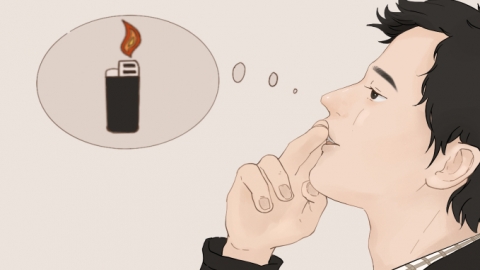Can I smoke after having a tooth pulled?
Generally, smoking is not recommended after tooth extraction, especially within the first week after surgery. If recovery is slow, abstinence should be extended to at least two weeks to avoid interfering with wound healing. Detailed explanations are as follows:

After tooth extraction, a blood clot forms in the wound site to promote healing. The negative pressure created while smoking can dislodge this clot, leading to dry socket—a condition characterized by severe pain and delayed healing. Additionally, components in cigarette smoke such as nicotine and tar constrict blood vessels, reducing blood supply to the wound area, lowering local resistance, and increasing the risk of bacterial infection, thereby further impairing wound recovery. Even after one week, when initial healing may appear complete, smoking can still irritate newly formed tissue, causing discomfort or prolonging the healing process.
If smoking cannot be entirely avoided, it's advisable to wait until the wound has fully healed and there are no symptoms such as pain, redness, or swelling before attempting even minimal smoking. However, from the standpoint of oral health, it's best to reduce smoking frequency or quit altogether. Besides avoiding smoking, patients should also refrain from brushing or rinsing their teeth within the first 24 hours after extraction, avoid chewing hard foods, and maintain good oral hygiene.





